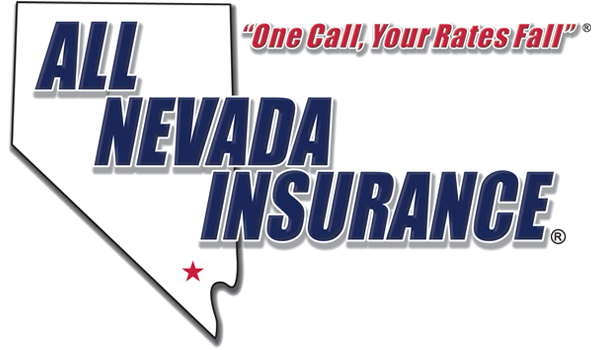Looking to rent in the Las Vegas area? Before you sign anything, read the five tips below from Nevada Legal Services.
How Much Should a Security Deposit Be?
Nevada law states that a security deposit can be up to three times the monthly rent and no more.
When Can a Landlord Increase Rent?
Landlords can’t raise rents at their whims. They can only legally raise the rent if there are provisions in the original renter’s agreement.
Landlords Need to Give Contact Numbers
There’s nothing more frustrating than trying to reach a landlord during an emergency. By state law, landlords need to give their renters an emergency contact phone number of someone who lives within 60 miles of you.
Landlords Need to Tell You If Foreclosure is Possible
Even if you are only renting, you can still be tossed in the street from a foreclosure. Landlords are required by law to tell anyone looking to rent that the property is in foreclosure.
Free Consultations Available
Still have questions? A free 15 minute consultation can be had from the Legal Aid Center of Southern Nevada.
If you still wonder what you need to know before renting a house in Las Vegas, Nevada, please contact All Nevada Insurance today.


 Our Locations
Our Locations

